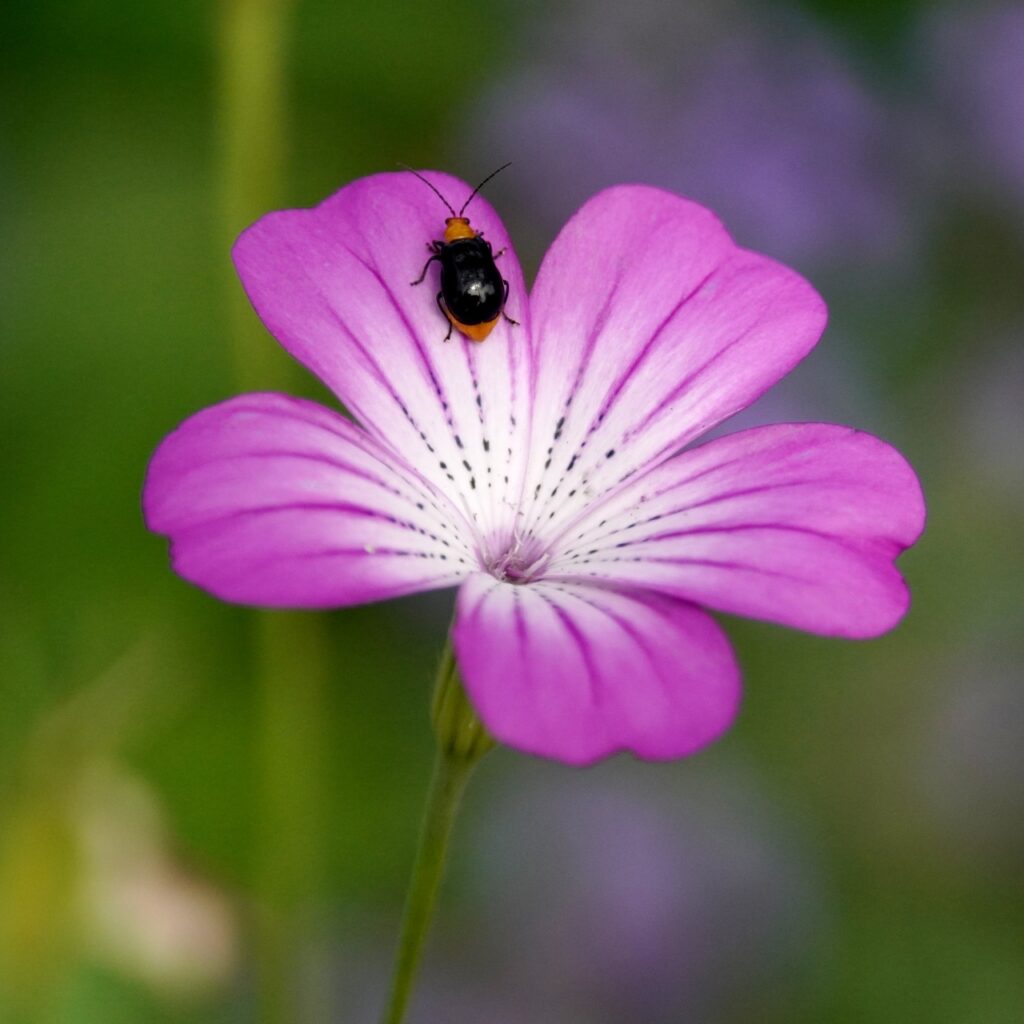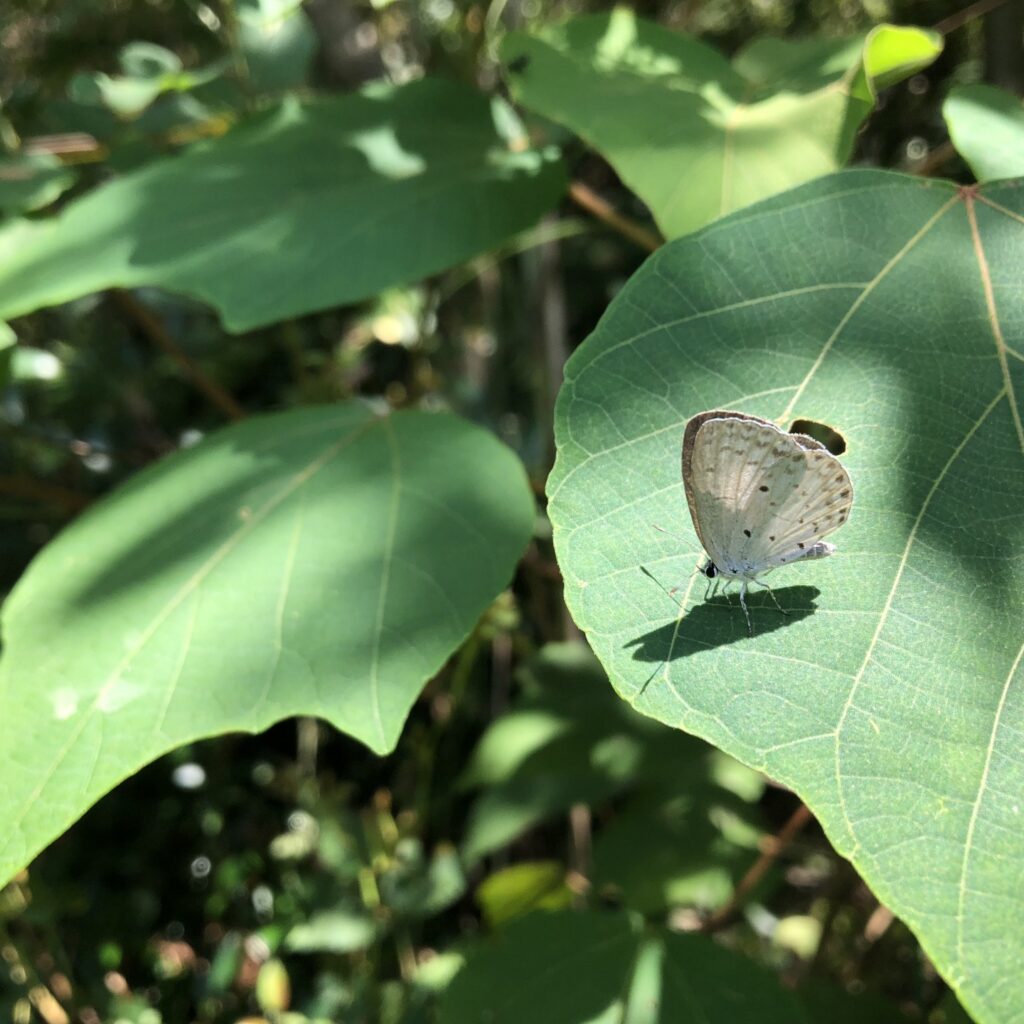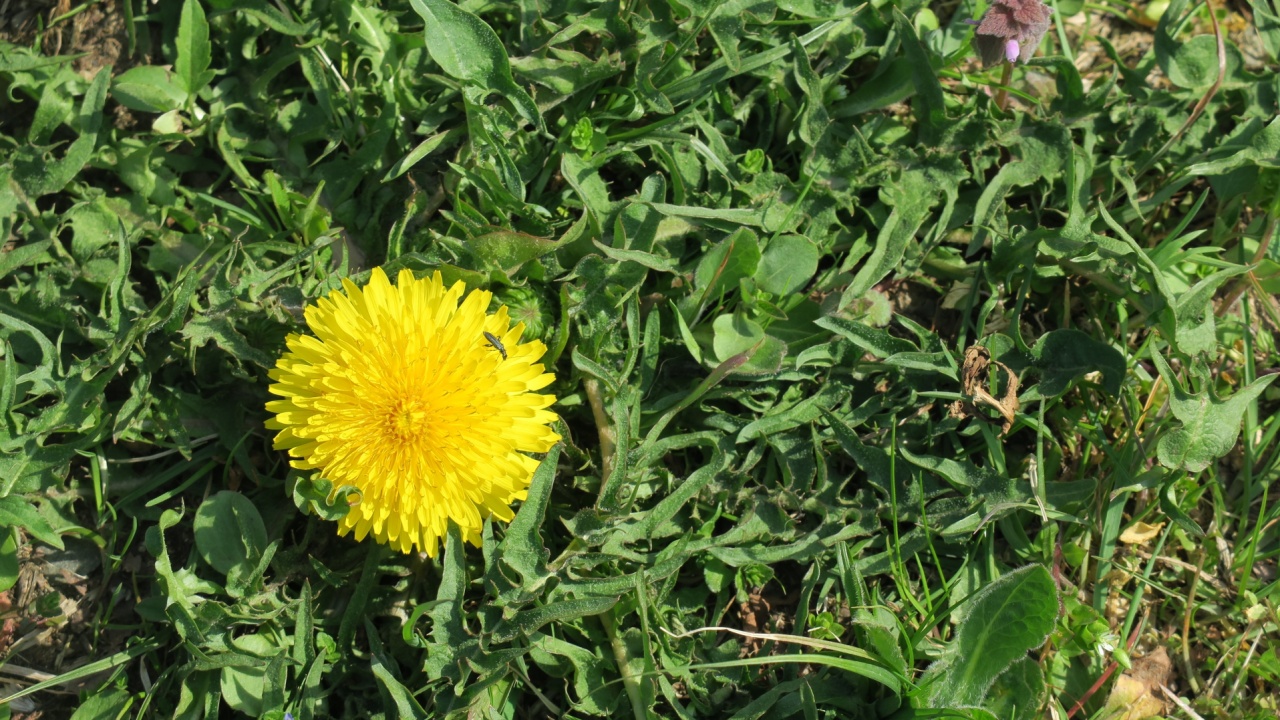3月5日から3月9日の暦/From March 5th to 9th

二十四節気(にじゅうしせっき)は啓蟄(けいちつ) 春になり虫が目覚め動き出すころ。
七十二候(しちじゅうにこう)は蟄虫啓戸(すごもりむしとをひらく) 巣籠っていた虫が外に出るようになる。
24 Solar Terms is Keichitsu. When spring comes, insects wake up and start moving.
72 pentads is Sugomoritowohiraku. Insects that were holed up in nests start coming out.

全国的に5日のお天気は雨風の強い荒れ模様。虫たちも戸を開けたものの、再び巣の中に籠ったのではないでしょうか。
The weather nationwide on the 5th was stormy with strong rain and wind. The insects may have opened the door, but have holed up in their nests again.
蟄虫:ちっちゅう
地中にこもって越冬する虫
日本国語大辞典
Cicchu
Insects that stay underground and overwinter.
蟄虫戸を坏ぐ:ちっちゅうこをふさぐ/蟄虫戸に坏う:ちっちゅうこにつちかう
冬ごもりする虫が、寒さを防ぐために入口の穴をせまくふさぐ
日本国語大辞典
Cicchu Kowo Husagu/Cicchu Koni Tsuchikau
Insects that stay in the winter close their entrance holes to prevent the cold.
啓(ケイ)という字には、多く使われる「申し上げる」という意味のほか「ひらく:あける、おしえる、あきらかにする、開拓する、始める」の意味があるそうです。
The character Kei (啓) has a meaning that is often used to say something, as well as “Hiraku: open, teach, make clear, develop, begin”
新しい季節へと自らの道を開く、開拓していく…虫たちから人間へ送る”応援の言葉”なのかもしれませんね。
Perhaps these are words of encouragement sent from insects to humans to “Pave and cultivate your own path into a new season.”




コメント